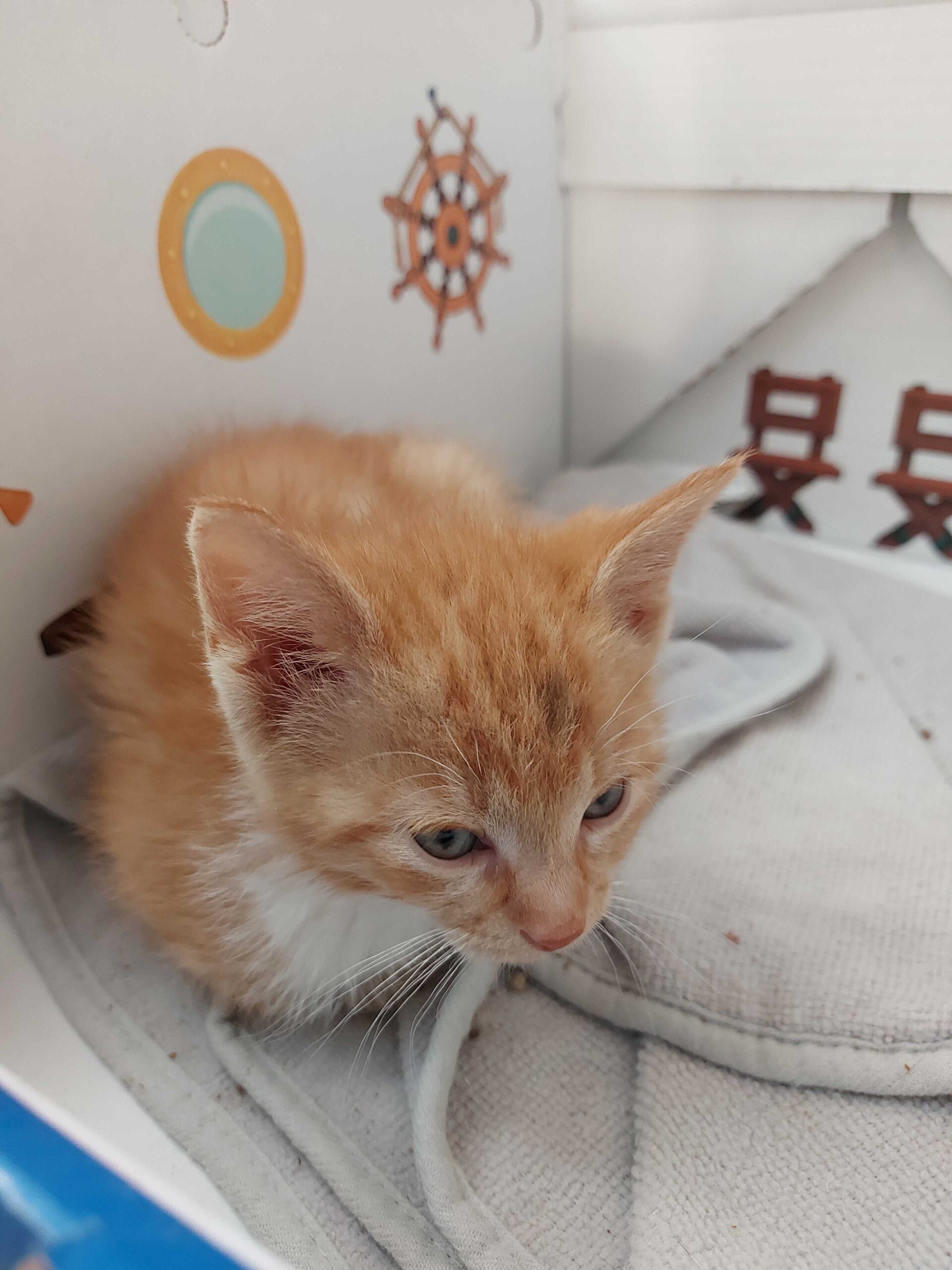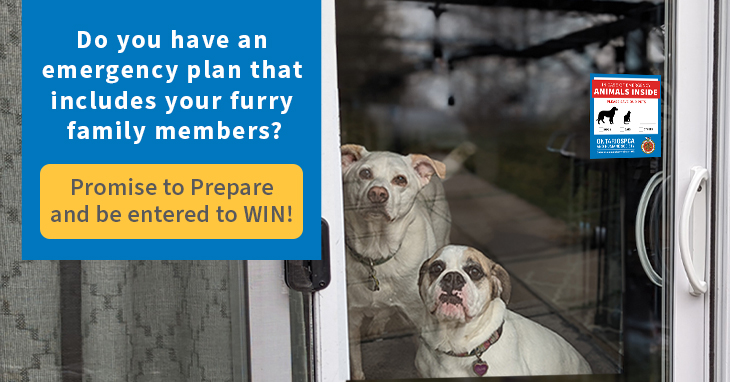Taking your newly adopted cat home – tips to help with the transition
by Ontario SPCA and Humane Society | Cat Care | February 26, 2024

Finding the purrfect friend to share a life with is an exciting feeling, especially when you get to take your newly adopted cat home for the first time. You’ve purchased all the supplies needed in preparation for their adoption, but what comes next?
Your new cat or kitten is likely experiencing an abundance of emotions and it’s important to make the transition to their new home as smooth as possible. Luckily, when you adopt from the Ontario SPCA and Humane Society, we get you started on the right track.
Cute cat cabins that are as fun as they are functional
Each cat who comes into our care gets their very own private cat cabin, courtesy of the Pet Valu Companions for Change program. The cabins keep the animals comfortable and help them feel safe by enabling them to express their natural behaviours, including hiding, perching and scent marking. When a cat is adopted, their cat cabin transforms into a temporary carrier for travelling home, and adopters are encouraged to reassemble it so that their cat has a familiar place to hide in their new environment.
Setting up base camp
Place the cat cabin, (or other crate), in a small room where your new feline friend can safely stay for a few days as you introduce them to their new world. The room should have their food and water placed to one side, and a litter box on the opposite side. Open their carrier and quietly sit on the floor and wait. If your feline is feeling frisky, they might come out right away, but often cats are a little timid and will venture out once they feel it’s safe to explore.
It is important to remember that your new little friend may have had a rough journey prior to coming into the care of the Ontario SPCA. Change can be frightening, so give your cat the time and space they need to feel comfortable in their new surroundings. Their cat cabins can provide them with a safe haven while they adjust to their new life.
Building a life-long bond
Change can be a scary thing. You will be eager to comfort and bond with your new friend, but as excited as you are to give them the grand tour, the best thing you can do is leave them in their designated room for a few days.
Visit the room often and bring healthy treats and toys each time. If you have other family members in the household, encourage them to do the same, but not all at once. Sit on the floor and invite your cat to explore the goodies you brought.
Wait for your cat to come to you. Talk to them reassuringly to try coaxing them out, but have patience. It may feel like baby steps, but building that trust is important.
Making friends with current residents
Ensuring that everyone has a turn spending quiet bonding time will help your cat to feel more connected to the entire family. If your household consists of other furry residents, you will want to take separate steps to ensure a safe and stress-free introduction.
Tips on cat to dog introductions
Helping your adopted cat and existing pet to accept each other
Tips to introduce a cat to your home
Ready to explore
Take your cues from your cat. When they are ready to venture to the rest of the house, they’ll tell you by slipping their paws under the doorway or trying to escape. Once they are ready, let them explore at their own rate and make sure they have easy access back to their cat cabin. If they get scared, they will want to run back to safety.
Your cat will start creating new habits and routines as they feel more and more comfortable. It shouldn’t take too long before they are exploring every nook and cranny of your home. If you feel that the transition is not progressing, talk to your veterinarian. The Ontario SPCA animal centre team is also only a call or email away.
Visit our blog as a resource to learn more about keeping your cat healthy and safe.
Categories
Testimonial
Wish to thank everyone involved
I wish to thank everyone involved in the care and rescue of animals, especially volunteers.
Sign up for news and updates
May is Emergency Preparedness Month.
Are you and your pets prepared for an emergency?
